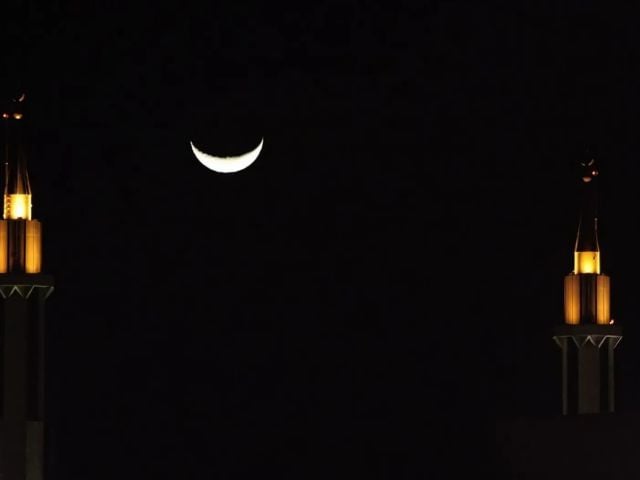As Ramadan approaches in 2025, Muslims around the world are preparing for the holy month, expecting it to begin on the afternoon of February 28 or March 1.
The exact start date, however, will be determined based on the sighting of the crescent moon, a tradition deeply rooted in Islam that marks the beginning of this holy month.
Ramadan, the ninth month of the Islamic lunar calendar, is a time of spiritual reflection, fasting, prayer and acts of charity. During this period, healthy adult Muslims must abstain from eating, drinking and other physical needs from dawn to dusk.
Fasting serves as a means of purification, self-discipline, and strengthening the connection with God, while fostering empathy for those in need.
Eid ul-Fitr, the festival that marks the end of Ramadan, is expected to fall on March 30 or 31, again depending on the sighting of the Shawwal moon.
This joyous occasion is celebrated with communal prayers, festive meals and alms-giving, highlighting gratitude, unity and generosity within the Muslim community.
As the dates of Ramadan and Eid fluctuate every year due to the Islamic lunar calendar, which is approximately 10 days shorter than the Gregorian calendar, the observance of these events changes according to different seasons.
This year, Ramadan and Eid will fall earlier than usual, affecting both daily routines and religious practices.
Local and global moon sighting committees will play a crucial role in confirming the start of Ramadan and Eid, ensuring unity among Muslims around the world.
These committees will meet closer to the scheduled dates to finalize the moon sighting, which has historically been a point of discussion and debate between different regions.
With the start of Ramadan just around the corner, Muslims around the world are preparing for a month of fasting, reflection and solidarity, eagerly anticipating the communal celebrations that will follow.




